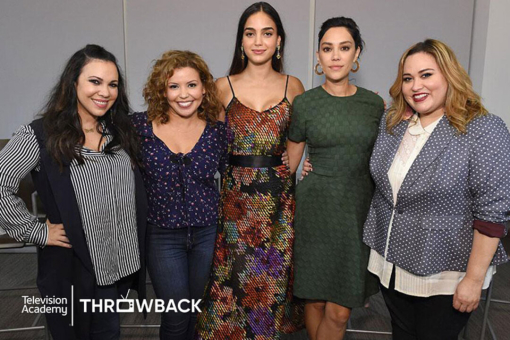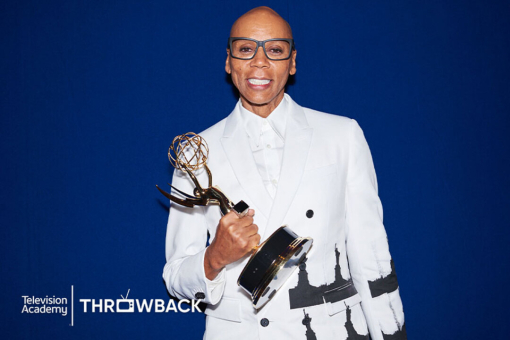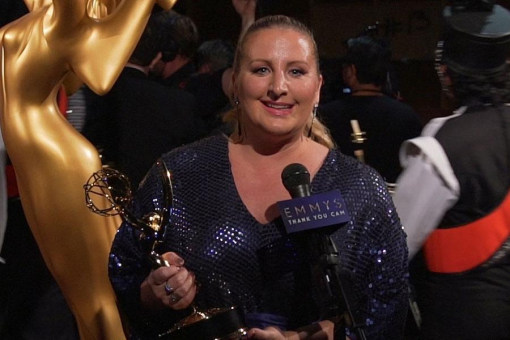LA 92 is not just an archival documentary that paints a picture of the torrid Rodney King affair and the protests that followed.
It's not just a vivid collection of events that create a sobering image of the American socio-political landscape. It is not just a chronicle of an ugly history that may very well repeat itself. LA 92 captures that dirty secret lying just underneath the surface of the American cultural consciousness, the very same that started with slavery, led to Jim Crow, the assassination of Dr. Martin Luther King, and, of course, the LA riots of 1992, which serve as the film's central thread.
Co-directors Daniel Lindsay and T.J. Martin take viewers through the whole saga: the geo-political concerns of the day, the contentious climate in American cities at the time, the murder of Latasha Harlins, the brutal, public beating of Rodney King, the events that laid the groundwork for the acquittal of the officers that assaulted him, and the outrage that followed.
What gives LA 92 its power is not the images on the screen, but what they reveal. Cutting through the political posturing, the media frenzy, the civil outcry, and the entropy that ensued, the film explores what lies underneath racism, police brutality, and division, and in doing so finds a disturbing vision that lies in the hearts and minds of the men and women who turned their backs on the most vulnerable among them.
The whole ordeal plays out in stark realism, utilizing a carefully curated collection of archived footage stitched together to expose the tension that bubbled underneath the surface of LA in the trial that preceded the riots, and then delivering an image of the moment it all came to a head imbued with the same sense of horror and entropy felt as it played out live on television all across America in '92.
A cacophony of rage and loathing plays out over shaky footage of shattered glass, flooded streets, and police cars engulfed in flame. LA 92 brings the scene together in a time that serves as a parallel to the madness of that era, and the viewr feels it in every frame: the same anger inspired by the same abuses that play out on the same news broadcasts on the same TVs in the same America.The viewer can't help but feel transported, and, at the same time, it feels all too familiar.
At the heart of the story is Rodney King himself, a man who never asked to be thrust into the chaos of publicity, idolization, and hatred that followed his case. LA 92 dispels any misappropriation of King's image as a willing symbol of injustice, and separates the man from martyrdom. Not at first even considering his testimony as a "racial crusade," the filmmakers follow King as he navigates a chaotic landscape much bigger than himself.
"Can we all get along? It's not right. It's not right." King pleads with a trembling voice in his now infamous statement to reporters in the aftermath of the Los Angeles riots. It's a sentiment that echoes into this place and time, as the nation still struggles to find an antidote to the same societal ills that allowed for the acquittal of the officers that assaulted King in 1992. LA 92 uses this theme as a vehicle to explore what still needs to change, and what answers are yet to find.
As the credits roll on LA 92, viewers are left with the film's ultimate question:
"What shall it avail our nation if we can place a man on the moon, but cannot cure the sickness in our cities?"
In America, 2018, it's a painful reminder of how far the nation still has to go.
It is because of this eye towards social progress that the Television Academy is proud to award LA 92 2018 Television Academy Honors.











